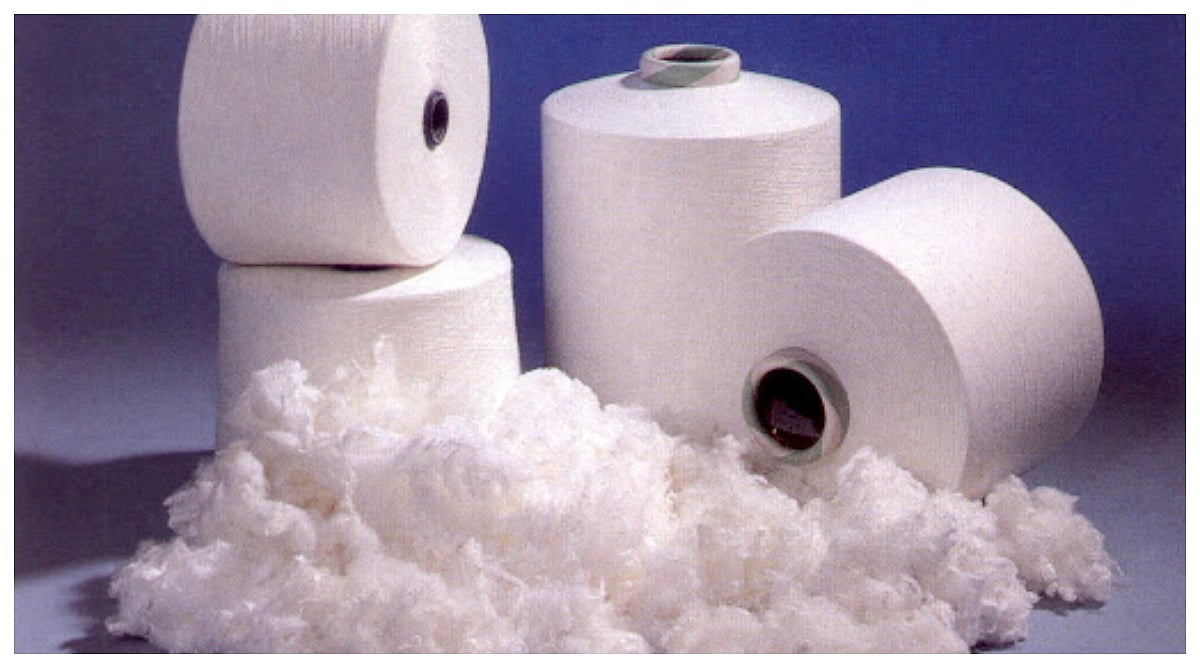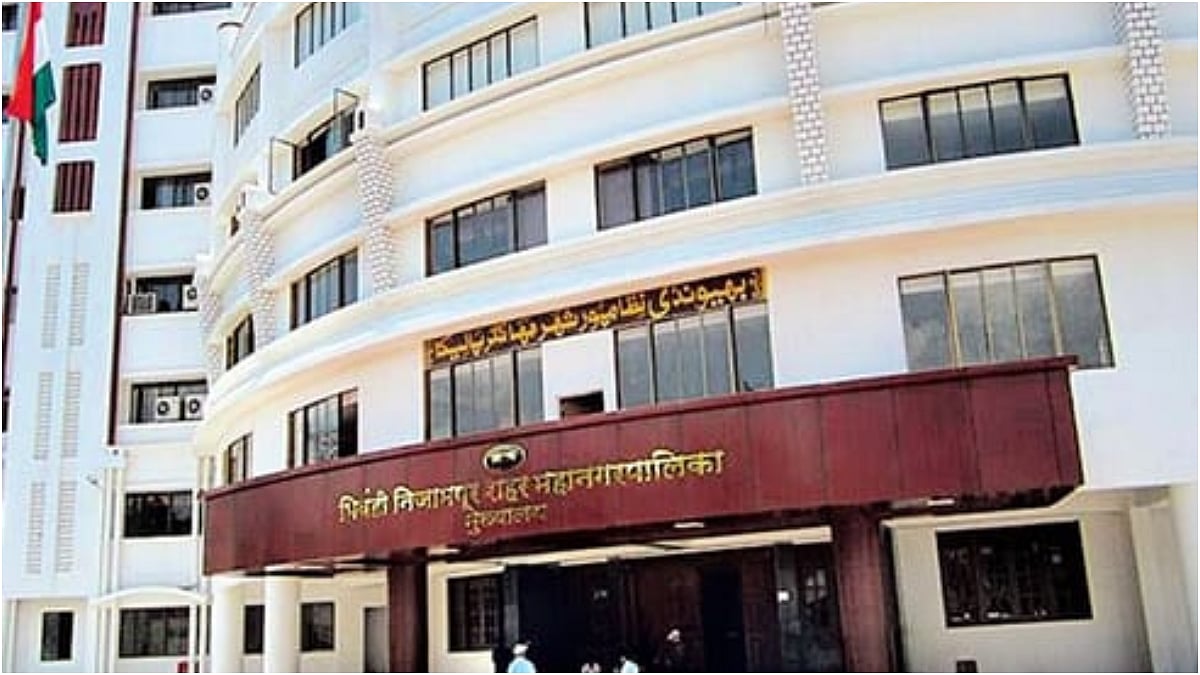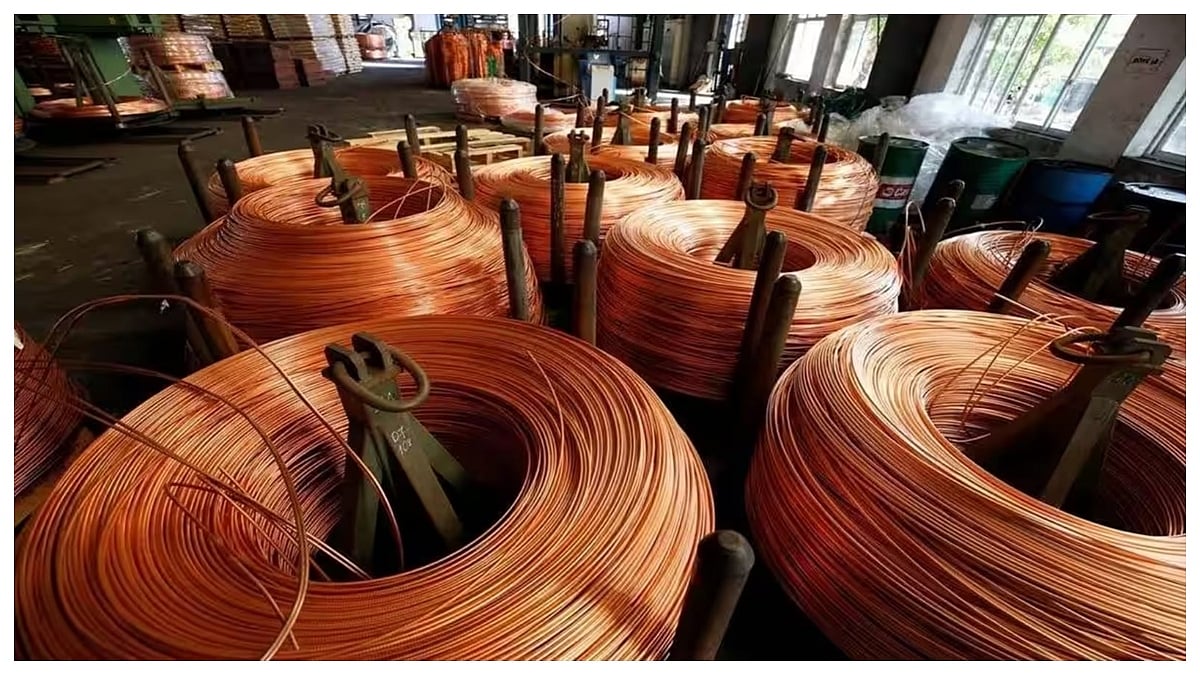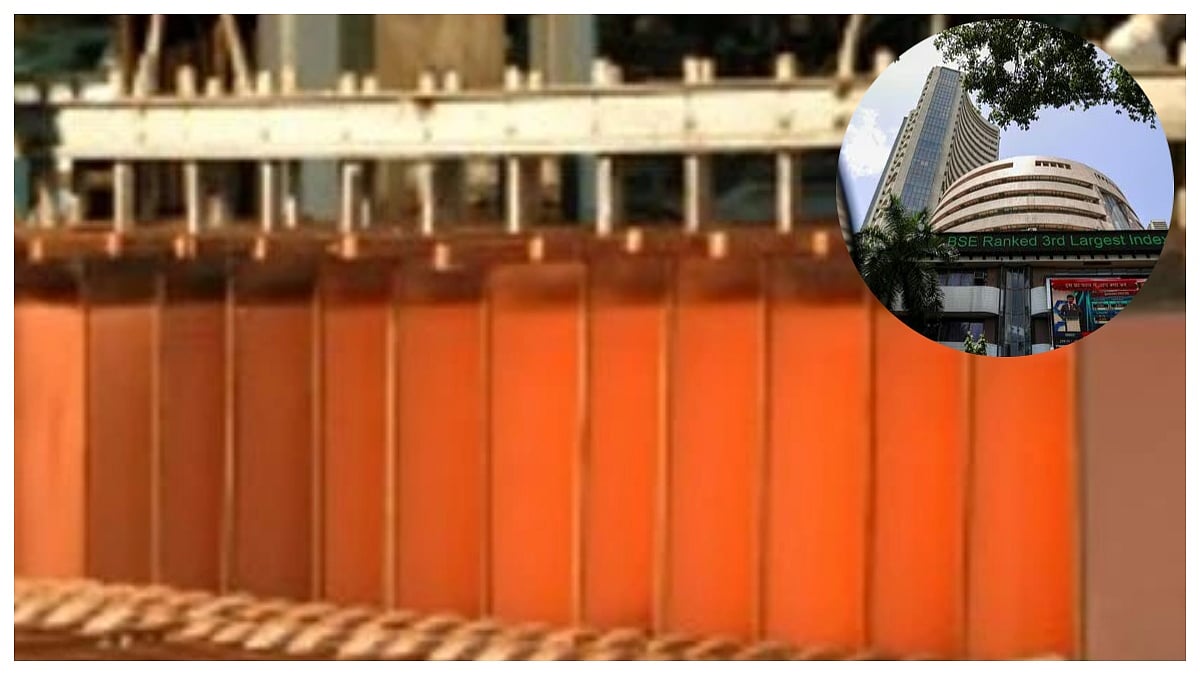New Delhi: The government has revoked 14 Quality Control Orders on chemicals and polymers used across multiple industries, with the most significant impact expected in the textile sector.
The Department of Chemicals & Petrochemicals issued the notification, withdrawing seven QCOs linked directly to fibre intermediates in the man-made fibre (MMF) value chain. These include Terephthalic Acid, Ethylene Glycol, Polyester Spun Yarn, Industrial Yarn, Staple Fibre, Fully Drawn Yarn and Partially Oriented Yarn.

Industry experts believe the move will help India regain cost competitiveness in MMF-based textiles, a segment that holds nearly 70% of global market share. The removal of QCOs is expected to make imported raw materials more affordable, benefiting spinning, weaving and garment manufacturers.
Broader Industrial Impact Beyond Textiles
The remaining seven QCOs belong to other sectors, including automotive and manufacturing, covering materials such as ABS, polyethylene, polypropylene, PVC, EVA copolymers, polyurethane and polycarbonate. MSMEs across these sectors are set to benefit from easier access to inputs at competitive prices.

Industry Welcomes the Decision
Prominent industry voices praised the withdrawal. Sanjay K Jain, former CITI Chairman, said the QCO removal restores a level-playing field, particularly against competitors like China, Vietnam and Bangladesh. Chandrima Chatterjee of CITI highlighted that better access to speciality fibres and yarns will support new product categories within the MMF segment.
India aims to expand its textile and apparel industry to USD 350 billion by 2030, with USD 100 billion targeted from exports.
Linked to Broader Export Push
The decision also aligns with recent policy steps to boost India’s global competitiveness. Earlier this week, the Union Cabinet approved two major schemes—the Export Promotion Mission and the Credit Guarantee Scheme—totalling over Rs 45,000 crore to support exporters and strengthen domestic manufacturing.









